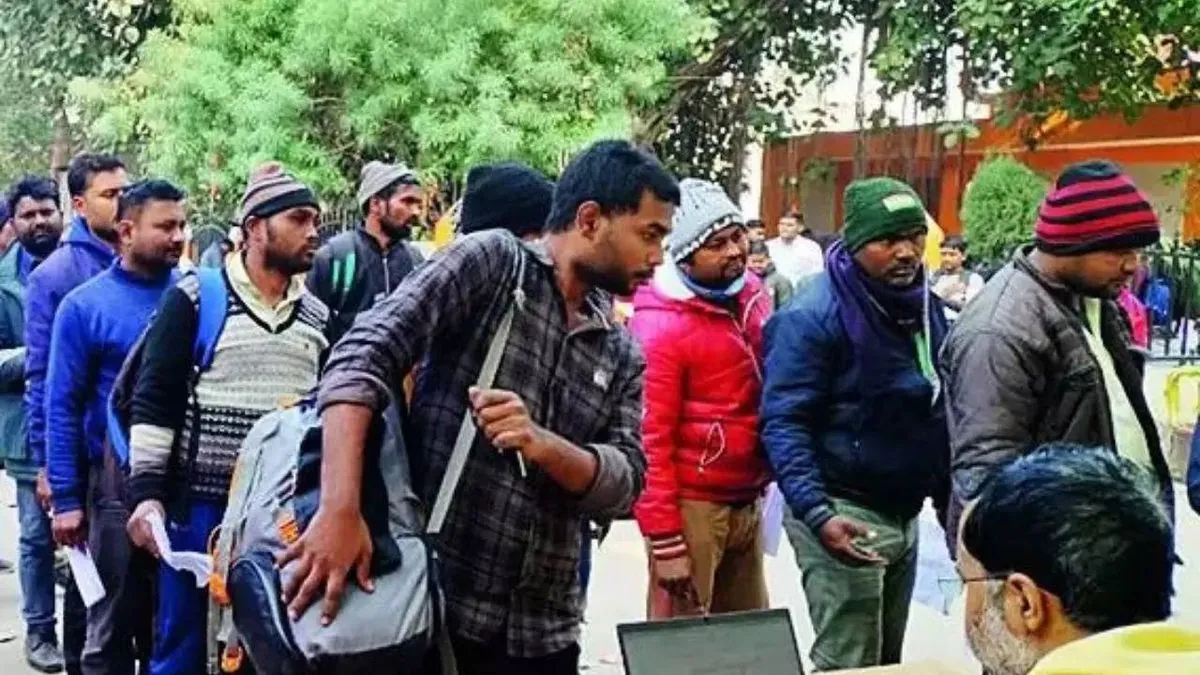Why young Indians risk their lives in global war-zones for better pay
Indian workers keep accepting dangerous jobs in conflict areas despite knowing the risks. From Russia to Israel thousands leave home searching for better wages while the government struggles to protect them

Afsan Mohammed left his home-town in Telangana last year with high hopes but his journey ended in tragedy. The 30-year-old business graduate got pulled into Russias war machine instead of the promised office job in Moscow
He was promised a monthly salary of 45‚000 rupees which would increase to 150‚000 rupees after three months‚ in addition to a Russian passport and citizenship
The story isnt unique: about 90 other Indians got tricked into similar war-zone positions in Russia while thousands more are heading to Israel (replacing Palestinian workers during the ongoing conflict)
The numbers paint a clear picture of desperation:
- Over 2‚200 people applied for Israel jobs from Telangana
- More than 8‚500 hopefuls from Uttar Pradesh and Haryana
- Around 5‚000 Indians already working in Israeli war-zones
- About 42‚000 more workers planned to be sent
The root cause lies in Indias job market problems — youth make up 83% of unemployed people. The economy might be fast-growing but its not creating enough work: manufacturing jobs have dropped by half since 2016
Several govʼt decisions hit hard on jobs: the cash ban 8 years ago new tax rules in 2017 and strict covid lock-downs pushed many into poverty. Now workers earn less than half-a-dollar per hour in construction back home while Israel offers about 140‚000 rupees monthly
The governmentʼs response stays weak despite repeated tragedies. Earlier this year they rescued 250 people from cyber-slavery in Cambodia; brought back Afsan Mohammeds body from Russia; found mass graves of 39 Indian workers in Iraq — yet theres still no real plan to keep overseas workers safe





























